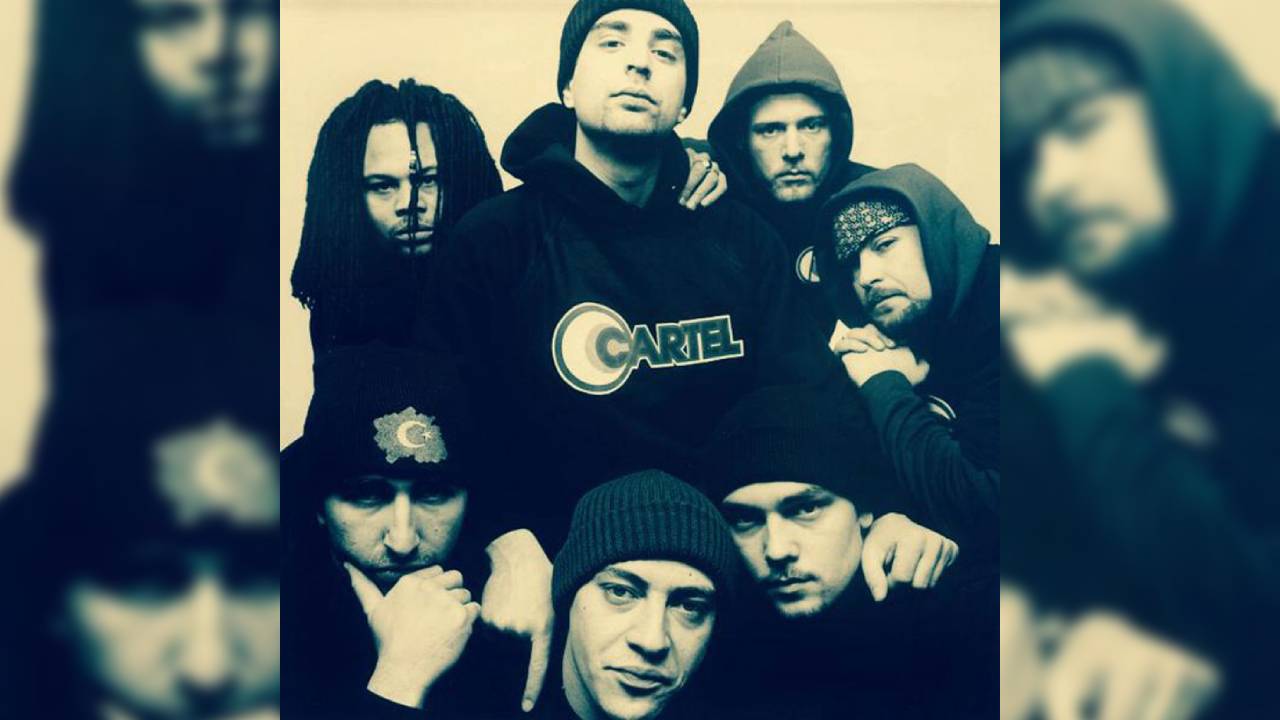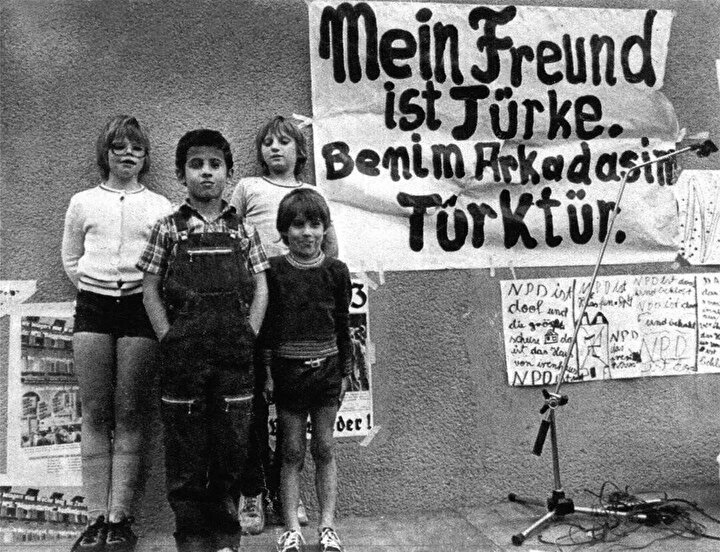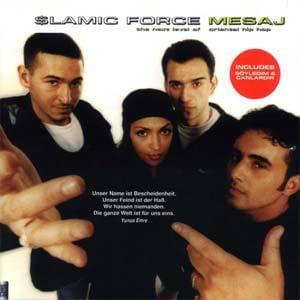Imagine that you live in another country where your family was not born, your identity has not yet been established, you have been subjected to injustice and discrimination, you have not had adequate education opportunities, you have not been given a future perspective, you do not know where you belong, you are stuck between two societies and your real home is the street. One of the most important tools you can express yourself is music…
Rap has never been my music, I almost never listen to it. The last thing I listened to and admired was the piece called #Susamam, which was prepared by many artists together. Environmentalist, feminist, anti-militarist, political, revolutionary, innovative, Real, real Rap as Hip Hop players call it. When it comes to Deniz Tekin, it’s time and he says “I’ve never been killed”, the singer can’t help but the pole of my nose hurts, my eyes fill with tears. But despite everything, when I talk about Hip Hop and Rap, the same rhythms always come to life in my head: “Cartel is number one, the biggest. Crazy Turk out of hell.” Because this song takes me back to the nineties when I came to Germany and I realize; The nineties were the years that left deep traces in my life. With the fall of the Berlin Wall, that is, the lifting of the iron curtain, not only Germany, which was united, but the whole world was in motion. In the excitement of getting to know a new country, I was attacking everything I saw. At that time, I came across young hip hop musicians in Berlin.
First there was the Islamic Force
When I met the members of Islamic Force, who made the first Turkish rap recording, they had released their album Message a few years ago, and Boe B., one of the founders of the group, had just passed away. The young people were very affected by the loss of their friends and I think the group was about to break up. They put me in the place of their sister and told me all their secrets and problems. We had beer and smoked cigarettes together by the river. They were conservative and nationalistic, but this was a different understanding of nationalism than the nationalism we know in Turkey. I didn’t understand much at the time, but over time I put their nationalism in a different class. Imagine that you live in another country where your family was not born, your identity has not yet been established, you have been subjected to injustice and discrimination, you have not had adequate education opportunities, you have not been given a future perspective, you do not know where you belong, you are stuck between two societies and your real home is the street. Music is one of the most important tools through which you can express yourself. Moreover, in front of you is a protest music produced by American blacks; R.
Cartel number one
The first people to bring rap to Germany were the children of American soldiers living in Berlin at that time. But the first Rap produced was predominantly Turkish. Founded in 1986, the band Islamic Force, which used to sing in English, released their first and only album in 1997. The death of Boe B. from a heart attack in 2000 was not the only misfortune the group experienced. Maxim, also one of the founders of the group, was seriously injured and died during a fight. The release of the 73-year-old retired German who caused Maxim’s death caused reactions. Today, I think only Killa Hakan is involved in music. It is possible to call the Islamic Force a bit of a “losers’ group”. Later, the Cartel group that became famous dealt with Rap more professionally. It is possible to say that both music critics and the public are more professionally interested in Cartel. The cartel has become famous not only in Germany but also in Turkey, perhaps even more so in Turkey. It would not be wrong to say that the Cartel group caused the birth of rap music in Turkey.

Turkish words sprinkled in German Rap
Again, in Germany in the late nineties and early 2000s, we didn’t just talk about music. Graffiti and Braekdance were also a favorite pastime for the second generation living in Germany. Young people danced not only in youth centers, where they spent their free time, but also at festivals. Now that I think about it, I can’t find much about what has remained from those days. In the list of the 20 most successful rap singers, I only come across Apache 207 (Volkan Yaman), Summer Cem (Cem Toraman), Ufo361 (Ufuk Bayraktar). As most of the people who rap are now German, Turkish Rap is almost not read in Germany. The only rapper I know, Eko Fresh, aka Ekrem Bora, sings in German, while Ezhel, who now lives in Berlin, turns to other languages besides Turkish. Perhaps the most important contribution of Rap, which was born in the nineties, is the Turkish lyrics interspersed in German Rap.
“Decreed Rebellion”
Another memory I remember from those days is the article “Verordnete Rebellion” written by academician Ayşe Çağlar. It is possible to translate the title as “controlled rebellion”. Çağlar explained at length that Rap and others, in short, Hip Hop culture, were produced by the state in youth centers in order to control Turkish youth in Germany. Because at the end of the eighties and the beginning of the nineties, youth gangs had sprung up and the administrative authorities had rolled up their sleeves to disperse these gangs. The gangs were disbanded, some gang members returned to an ordinary life, with others they turned into mafia family clans, which still plague the German authorities today. I think this is a topic for another article. I still remember the years when Turkish Rap was born with love and gratitude, because thanks to those young people, my prejudices were broken and my understanding of nationalism was different. Hip Hop is 50 years old today and is no longer in the hands of the street, but in the hands of the music cartels. I strongly recommend you to listen to the podcast prepared by WDR Cosmo Turkish by consulting its experts.



Follow Me